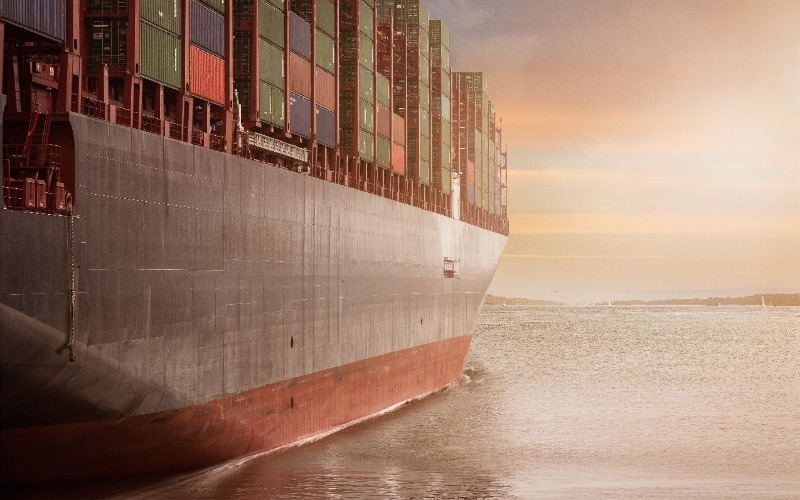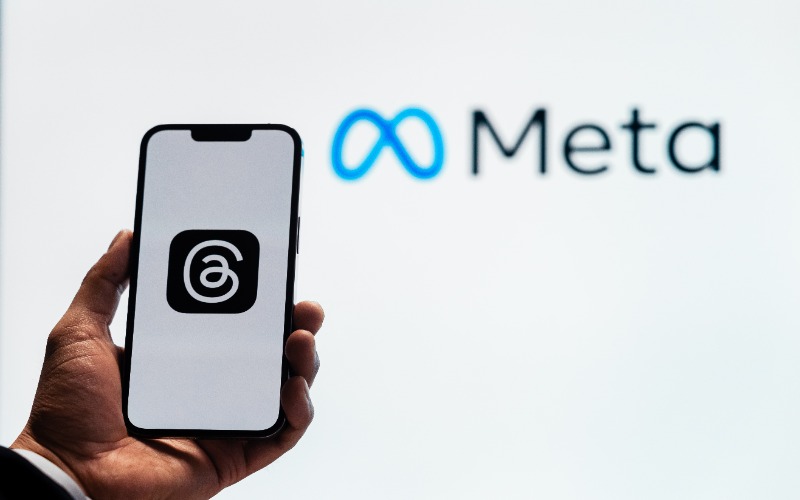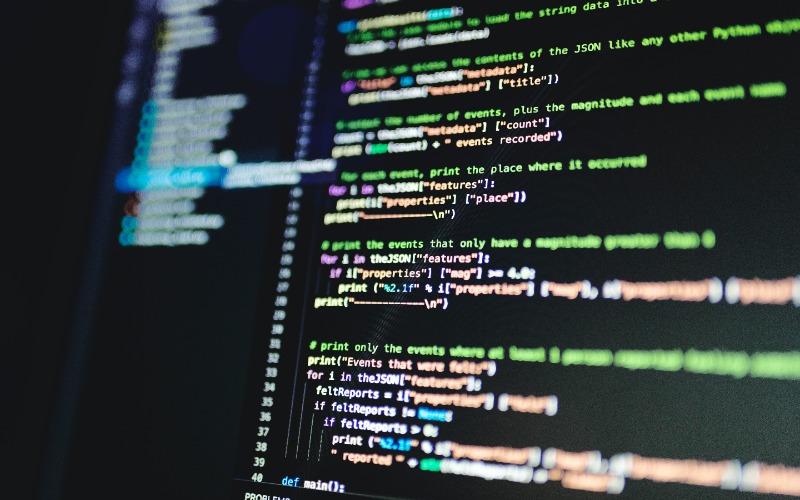With the ever-changing tech world that we live in today, it can be a challenge to stay up to date with the latest innovations and events around the globe. To ensure you know all about the fresh news of the week, we’ve highlighted five tech stories. With war efforts potentially being threatened in Ukraine, a new wind-powered cargo ship setting sail from China to Brazil, revolutionizing implant devices creating life-changing opportunities, and more, this week has been full of must-know stories. So, let’s get started!
Elon Musk’s Influence Might Threaten Ukraine War Efforts
In February 2022, Elon Musk began assisting Ukraine with reliable internet via Starlink after Russian cyberattacks destroyed their initial services. The new system through SpaceX seemed like the most viable option for Ukraine’s war efforts since Russia would have to dismantle several satellite dishes to destroy it.
Since using Starlink, Musk has urged the Pentagon to pay for the services since he doesn’t want to donate terminals to Ukraine and isn’t comfortable being in the middle of a war effort.
According to reports in The New Yorker, there are reports that Vladimir Putin and Musk have discussed negotiations. Although Musk denied the claims in October 2022, he now admits to personally speaking to Putin.

New Wind-Powered Cargo Ship Begins Its Voyage
Cargill Ocean Transportation began a new cargo ship’s voyage from China to Brazil on Aug. 21. Fitted with new sails called WindWings, the vessel Pyxis Ocean will cut fuel consumption by 30% and decrease carbon dioxide emissions. Standing at 123 feet tall, the WindWings are made with the same material as wind turbines.
In an exclusive interview with BBC News, President Jan Dieleman of Cargill Ocean Transportation explains why this new cargo ship is important: “Five, six years ago, if you would ask people in shipping about decarbonizing, they would say ‘well, it’s going to be very difficult, I don’t see this happening any time soon’. Five years later, I think the narrative has changed completely and everybody is really convinced that they need to do their part.”

Revolutionary Implant Device Offers Hope for Stroke Survivors
The Cleveland Clinic has discovered a revolutionary new method that can assist stroke survivors with regaining movement. The innovative tech, a deep brain stimulator, is implanted in the brain and uses electric pulses to encourage restoration of movement.
Stan Nicholas, a stroke survivor, volunteered to be one of the first to try this new implant device in the hopes of walking again in September 2020. After about a month, Nicholas began to see improvements in his hand movements. Today, he has recovered even more and can do day-to-day activities.
The trial review published by Nature Medicine presents the hope that this new implant might have for other stroke survivors wanting to regain movement: “Overall, we found that our surgical approach and chronic stimulation was feasible and well tolerated in the target population, with no study-related serious adverse events encountered across the trial.”

Meta Unveils AI Model for Language Translation
Meta, the Facebook parent company, revealed a new AI model that can revolutionize communication. On Aug. 22, the company unveiled the invention, which can simultaneously translate and transcribe several languages. The model, SeamlessM4T, can translate speech to speech in about 35 languages and between text and speech in nearly 100 languages.
The CEO of Meta, Mark Zuckerburg, explained that these new developments will play a crucial role in providing connection and understanding in the growing virtual world. Currently, the new tech is planned for non-commercial uses and will be available to the public.
In a blog shared with TechCrunch, Meta explains why the AI model is important: “Our single model provides on-demand translations that enable people who speak different languages to communicate more effectively. SeamlessM4T implicitly recognizes the source languages without the need for a separate language identification model.”

India’s Triumph Near Moon’s Lunar South Pole, Russia Crashes
Chandrayaan-3 Mission:
— ISRO (@isro) August 23, 2023
Updates:
The communication link is established between the Ch-3 Lander and MOX-ISTRAC, Bengaluru.
Here are the images from the Lander Horizontal Velocity Camera taken during the descent. #Chandrayaan_3#Ch3 pic.twitter.com/ctjpxZmbom
On Aug. 23, India successfully landed their uncrewed spacecraft near the moon’s Lunar South Pole. India’s ingenious tech, such as the six-wheeled robotic rover, made this accomplishment possible. The adventure to the Lunar South Pole was a goal for many countries since it’s believed that the area may contain reserves of frozen water, which would be a scientific revelation that could help experts learn more about the atmosphere.
The Indian Space Research Organization shared their success on Twitter the same day.
With India’s triumph, Russia’s uncrewed spacecraft, which was also trying to land on the moon’s Lunar South Pole, lost contact with their space agency on Aug. 19. The next day it was declared that the spacecraft had crashed and would not recover.










